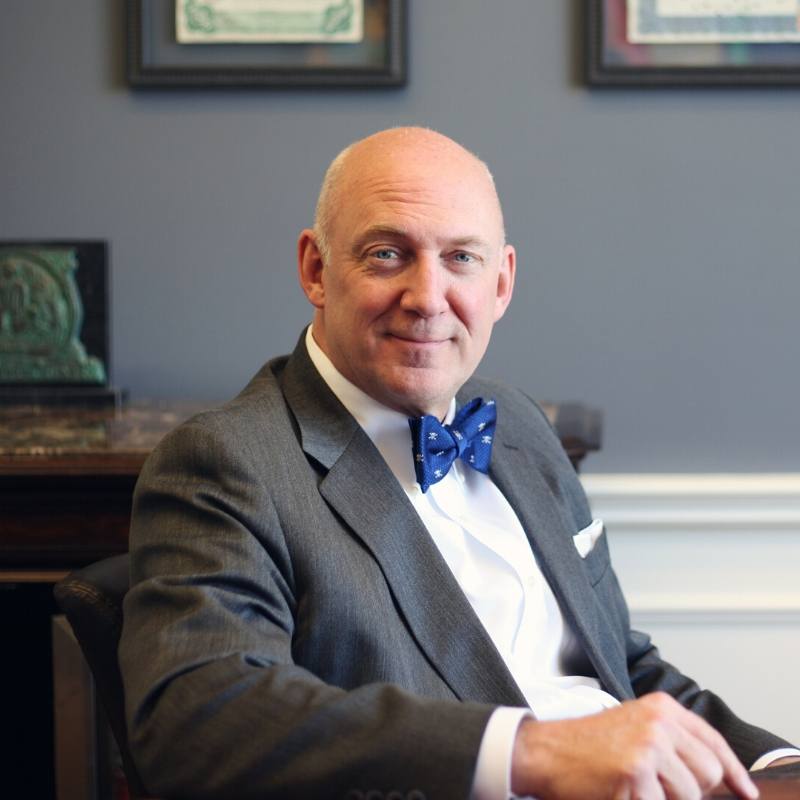Originally published in 2023. Updated October 2026 to reflect current custodial data and market context.
In times of market volatility and financial headlines about bank stability, investors are once again asking an important question: Is my money safe?
We’ve been writing about this topic for several years, and it continues to be relevant today. As fiduciary advisors, we want to revisit how your assets are protected—and why we partner with third-party custodians like Schwab and Fidelity.
As a fiduciary advisor, we have maintained an arms-length approach to the selection of a client’s custodian, preferring to remain impartial and allowing the client to decide. Since there is a wide variety of options: banks, brokerage firms, discount brokerage firms, etc., there is also great variance in the quality and cost of services.
We have historically suggested using Charles Schwab or Fidelity due to their size, low cost, service teams and independence. While clients still choose to use US Bank, Raymond James, PNC and others, with the preponderance of the assets we manage at Schwab and Fidelity, we will focus on these two custodians for this discussion. Schwab completed its acquisition and full integration of TD Ameritrade in 2023, consolidating custodial services under the Schwab platform.
While Carnegie is your investment advisor, we have always used third-party custodians as do all reputable investment advisors. The custodian will hold your assets, report on your holdings, execute the trades and send you monthly reports. Our task is to manage your assets in accordance with your objectives and send you a separate quarterly report. As a check and balance, our quarterly report should match the monthly statements sent from your custodian. This separation between advisor and custodian is intentional. It provides a clear system of checks and balances and ensures transparency between what we report and what you receive directly from your custodian.
Both Schwab and Fidelity are very large; As of 2025, Charles Schwab now serves as custodian for more than $8 trillion in assets, while Fidelity Investments oversees roughly $11 trillion. Both continue to lead the industry in supporting independent registered investment advisers (RIAs) and spend tens of millions annually to defend client assets from cyber threats. Both custodians are protected by the Securities Investor Protection Corporation (SIPC), which provides up to $500,000 in total protection per customer, including $250,000 for cash balances. Schwab’s Bank Sweep program, which can distribute cash across multiple Schwab-affiliated banks for example, adds FDIC coverage for eligible deposits, and the firm carries excess SIPC insurance through Lloyd’s of London to provide additional security beyond standard limits. Keep in mind your assets are invested in other companies via stocks or bonds and the custodians are merely recordkeepers. Your securities are segregated from the brokerage firm’s assets and held at third party custodians.
The failures of several regional banks in recent years reminded investors how quickly liquidity challenges can create risk. But Schwab and Fidelity operate on fundamentally different models than traditional banks.
Schwab, for example, loans out only about 10% of its deposits—compared to the 70–80% typical in commercial banking—and maintains a conservative collateral policy. Fidelity also manages its balance sheet with similar discipline. These practices make them far more resilient in times of financial stress.
While Fidelity was founded as a mutual fund company, they have expanded into serving retirement plans, independent advisors, banks, and a very large mutual fund complex. Their income is diversified, but primarily from the management of billions of dollars invested in mutual funds and plan assets. Both Schwab and Fidelity have a retail presence across the country to serve investors who desire to self-manage. A fair amount of our organic growth over the last decade has been from investors who formerly self-managed and have determined it is not as easy or fun to battle the investment markets.
While we remain neutral about which custodian clients choose, our experience continues to affirm the strength, transparency, and client-first service of both Schwab and Fidelity. In a financial environment that’s constantly changing, safeguarding your assets remains our top priority.
If you have questions about where your accounts are held or how custodial protection works, we’re happy to walk through it with you.
Need a Portfolio Manager?
If you are currently looking for help with investment management, contact us. We are happy to schedule an introductory meeting at your convenience.



